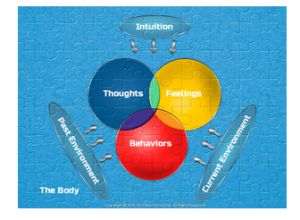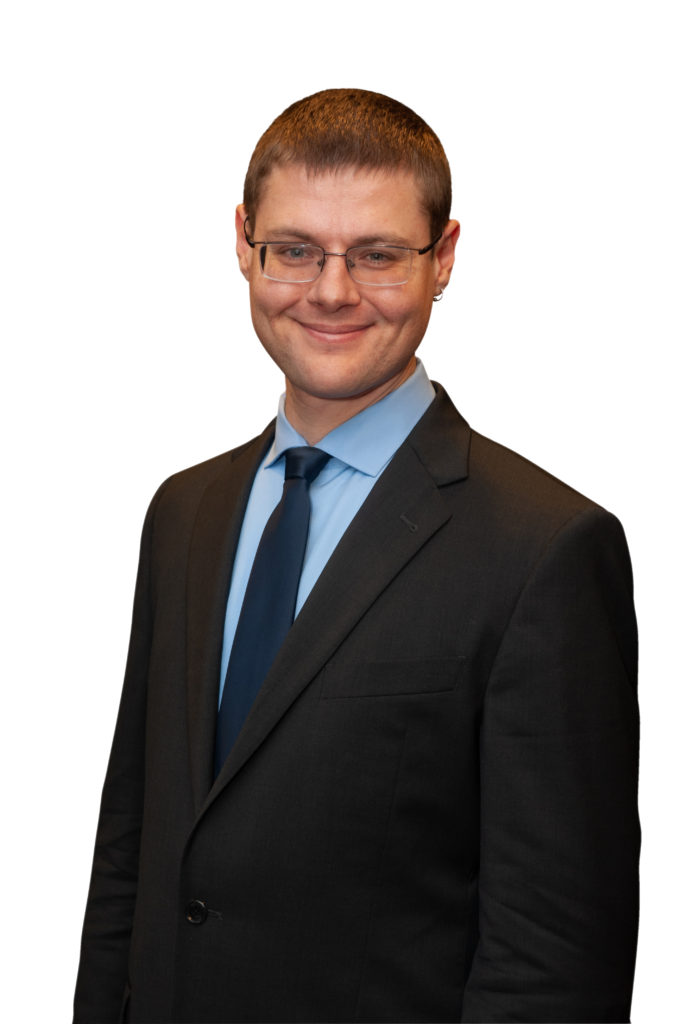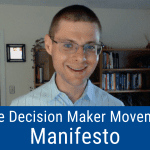
Knowledge Management (KM) is the art and science of leveraging individual and collective knowledge for the benefit of all stakeholders. Psychology is the very foundation of KM because KM is all about people.
To best understand how to leverage individual and collective knowledge, we must utilize a common definition of knowledge. According to the Knowledge Management Institute (KMI), knowledge is understanding gained through experience, either ones’ own direct experience or the experience of others.
It is common knowledge that people who go through the same experience sometimes have different interpretations of the experience itself, and what they learned; what they understand. The reason for this is because everyone perceives the world through their own eyes and perspective.
It is because of this dynamic that it is important to understand how we can utilize the field of Knowledge Management specifically to gain deeper self-understanding for the benefit of ourselves and others. When we apply Knowledge Management principles to gain greater knowledge and understanding of ourselves and to increase our personal success and well-being, it is called Personal Knowledge Management (PKM). A greater understanding of ourselves allows us to optimize our success in applying KM to other environments, such as the places we work and in organizations in which we belong. The importance of the inscription on the Temple of Apollo at Delphi, Temet Nosce (Know Thyself in Latin), cannot be overstated.
Personal KM can be used to help us achieve a successful, prosperous and fulfilling career and it can also be used in our friendships and relationships, including love and romance. The basic goal is to leverage all of the knowledge available to us to live happier, healthier and more productive lives.
After working as a psychotherapist with many different types of clients, I developed a holistic synthesis of the major schools of psychology. This led to the creation of a 7-piece “Pieces of Our Puzzle” model that allows us to understand the various aspects of ourselves as pieces of a puzzle to be put together, which is a holistic framework for Personal KM. Each piece represents knowledge about the self, is a puzzle unto itself, and all of these pieces together represent the puzzle of our own lives. Understanding each of the individual components and all of them together leads to greater personal success and well-being. The following diagram illustrates these 7 key pieces:

The “Pieces of Our Puzzle” model explains that who we are today is shaped based on a complex combination of the following seven components, similar to the pieces of a puzzle:
- Past Environment/Experiences
- Current Environment/Experiences
- Thoughts/Beliefs/Attitudes
- Emotions/Feelings
- Behaviors/Actions
- The Physical Body
- Sense of Intuition
Based on whatever is happening in the present moment, it is important to look at each of the above pieces to understand how each one fits into our lives today. We can ask ourselves a series of questions and think about the experiences we’ve had to shed light onto and understand each of these seven different pieces. As a result of increasing knowledge and awareness of the relative importance and significance of the various pieces — which can change dramatically over time — we gain personal knowledge, self-mastery, productivity, and greater success in our lives.
Psychologically speaking, we know that there are things that can take place in life that slow our individual and collective progress, cause harm and create problems. When we experience these challenges, they are like kryptonite (an alien mineral that has the property of depriving the American superhero Superman of his powers) to our soul since we are left feeling depleted, weakened and discouraged. Since we have this common knowledge, we can leverage this understanding to take steps to minimize the kryptonite in our lives through the use of Personal Knowledge Management.
Now that we have a basic understanding of Personal KM, let us explore how KM can help in every area of our lives individually and collectively. It is beyond the scope of this article to fully describe the full suite of powerful KM strategies, tools and techniques available to us but here are a few key practices:
- Identifying, Leveraging and Sharing Best Practices
- Implementing Lessons Learned Management Processes and Systems
- On-Boarding and Off-Boarding
- Knowledge Transfer/Sharing Through Knowledge Cafes, Brown Bag Sessions, Training, Buddy and Mentor Programs, etc.
- Innovation Award Programs to Stimulate, Recognize and Reward Innovative and Creative Ideas
- The Wisdom Aspect of the Data-Information-Knowledge-Wisdom (DIKW) Pyramid to Help Ensure Optimal Decisions and Outcomes
- Management of Risks and Threats to KM
- Implementing Information/Knowledge Repositories
- Communities of Practice
- A Globally-Linked Network of Communities of Practice to Help Address The Most Pressing Issues of Our Time
The heart of KM is people, and one of the most powerful KM practices to harness the collective power of people is through the use of a Community of Practice (CoP). In a nutshell, a CoP is a group of people who share a similar concern or passion, such as Psychology, Engineering, Software Development, Knowledge Management, Program Management, etc., enabled by the power of technology to easily share, communicate and collaborate. A CoP allows us to come together, share our knowledge and experience, and create even more powerful outcomes as we work together collaboratively. An organization can have many different Communities of Practice, all of which can be integrated together by utilizing the power of modern technologies. Individually and collectively, we can consciously decrease the kryptonite in our lives. To use another superhero metaphor, we can also increase the spinach in our lives to increase our energy, vitality, progress, and success in our lives individually and collectively.
Psychology is the science of behavior and mind, and a primary goal of psychologists is to increase the quality of life for people. KM and psychology are similar because Knowledge Management can be used not only for improving the lives of individuals; it can also help improve the communities in which we live.
Toward this end, by creating a globally-linked network of Communities of Practice, we can come together with a common desire and intention to help address the most pressing issues of our time through calm, logical, level-headed Knowledge Management, conversation, dialogue and diplomacy. The psychology of Knowledge Management is about finding and living the superhero nature within us, coming together, sharing knowledge and wisdom, and working through our mutual challenges.
As Fritz Perls suggested, let us “ lose our heads and come to our senses “ and harness all of the history, knowledge, and experience we have to address the multiple simultaneous global crises in which we face. Those of us who are near the top of Abraham Maslow’s Hierarchy of Needs recognize that with opportunity comes responsibility. We share a responsibility as The Majority to rise up, stand together and speak as a united people. We stand at the precipice of an incredible and priceless opportunity, will you join us?
As Victor Hugo stated, “ there is indeed one thing stronger than all the armies in the world, and that is an idea whose time has come.”
Image Credit: www.PublicDomainVectors.com
*******
About The Author:
Brent Hunter is a Master Certified Knowledge Manager and is a Project, Program, Portfolio and Knowledge Management Executive Consultant. Brent has multiple advanced degrees, is a graduate of General Electric’s fast-track Information Systems Management Program and holds twelve active professional certifications. Brent is an entrepreneur, producer, executive producer, former psychotherapist, National Certified Counselor and is an award-winning author of five books regarding the subjects of Knowledge Management, psychology and universal wisdom. The services Brent offers through his company Intelligent KM Services represent Hunter’s unique and groundbreaking interpretation of Knowledge Management and is based on his book titled The Power of KM: Harnessing the Extraordinary Value of Knowledge Management. Another of Hunter’s books is about universal wisdom which has received 22 literary awards ( The Rainbow Bridge: Bridge to Inner Peace and to World Peace). The connection between this book and Knowledge Management is important because wisdom is the apex of the Data-Information-Knowledge-Wisdom Pyramid, an important conceptual framework in Knowledge Management.
Originally published at Disaster Avoidance Experts on November 29, 2019.














